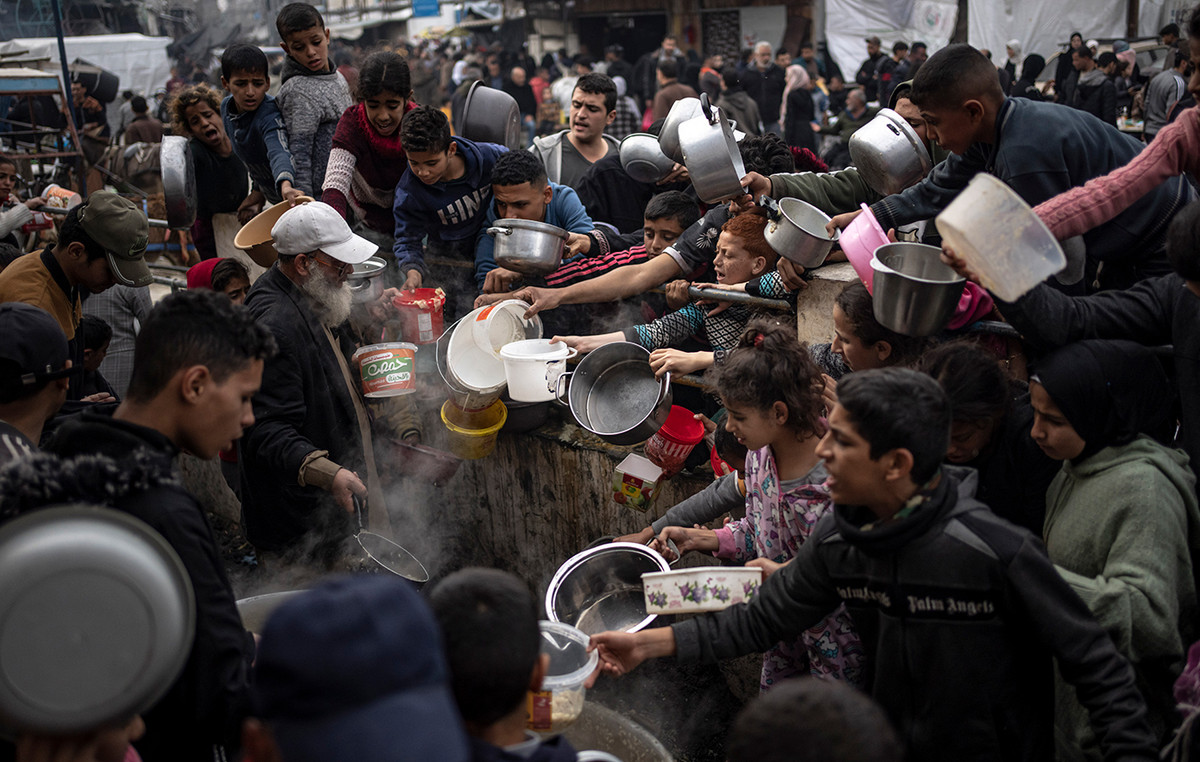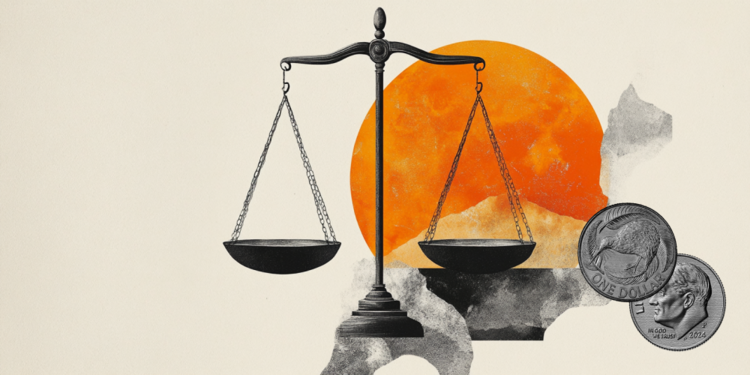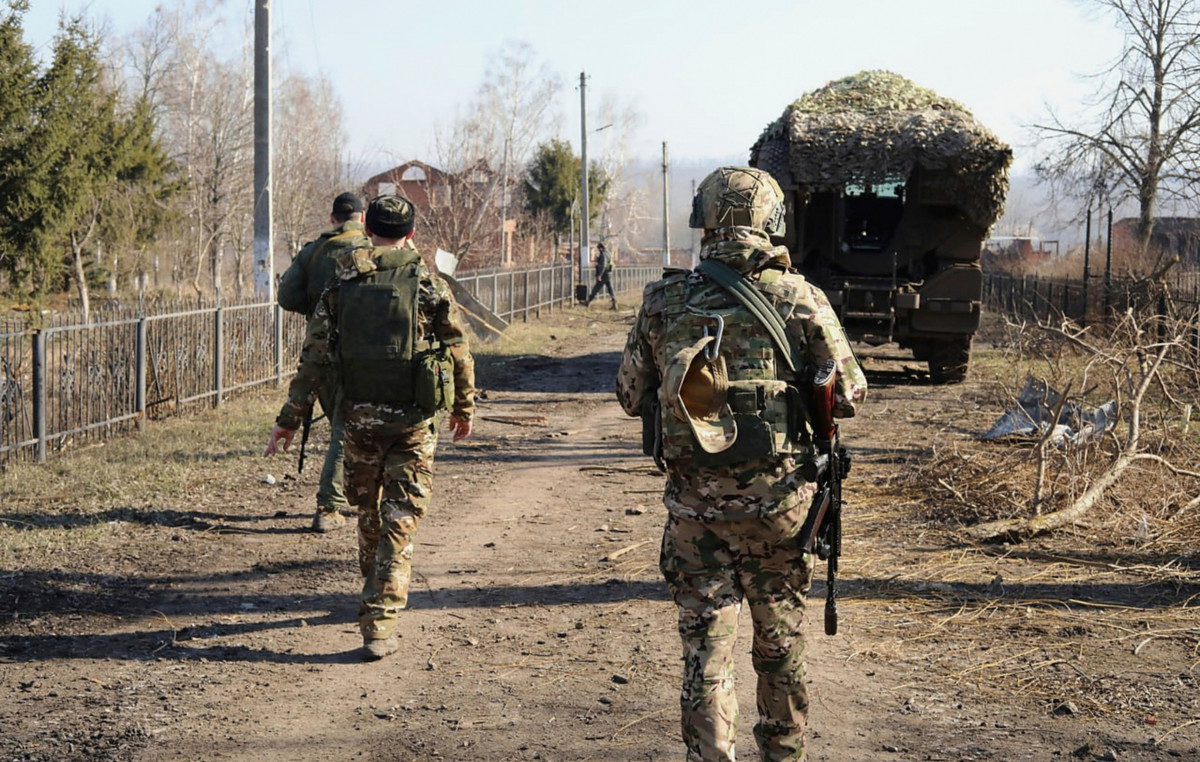French President Emmanuel Macron is heading to Moscow on Monday for talks with his Russian counterpart Vladimir Putin in a bid to help defuse tensions over Ukraine. But, according to Bloomberg, he risks highlighting France’s limited influence, just two months before he asked voters to give him a second term.
The French president will urge his Russian counterpart to reduce the military presence that has gathered near the border with Ukraine, a high-ranking French official told reporters. It will also try to secure Putin’s commitment to continue peace talks and warn him of the consequences of any aggression.
Western officials say up to 130,000 Russian troops are near the border with Ukraine, with European leaders and US President Joe Biden seeking a diplomatic solution and preparing economic sanctions. Biden will meet with German Chancellor Olaf Solz in Washington at about the same time that Macron will speak with Putin.
The Russian government has repeatedly denied any plans to invade.
Macron’s inner circle presents the French president as the axis in the diplomatic effort of the Western allies. They argue that the trip is proof that his contacts with Putin over the past five years are finally bearing fruit. The reality is that there is probably not much Macron can do.
The Kremlin has said that the priority of the talks will be its security demands, which include reducing US armaments in the region and ensuring that NATO will never accept Ukraine as a member. And as Isabelle Falcon, deputy head of the Paris-based Institute for Strategic Research, said, Macron does not have the upper hand in these matters.
“For the current Russian leadership, the key western country is the United States,” said Duncan Allan, a Chatham House associate. “This is the relationship that really matters.”
Macron hopes to persuade Putin to discuss ideas for de-escalating the talks in the so-called “Normandy group”, a small group of leaders from France, Germany, Ukraine and Russia, the official said.
After Moscow, he will meet with Volodymyr Zelensky in Kiev. Western leaders usually visit the Ukrainian president first, but the official said Macron wanted to hear what Putin had to say earlier.
“We have to be very realistic,” Macron said in an interview with Le Journal du Dimanche. “We are not going to take unilateral action, but it is important to avoid the deterioration of the situation before building mutual mechanisms and actions of trust.”
A possible stalemate in the talks and an escalation of tensions over Ukraine could be the kind of surprise that would change the dynamics of the presidential election, according to Tara Varma, head of the European Council on Foreign Relations in Paris.
“Although foreign policy is not usually a major issue in these campaigns, Russia is the only exception,” she said. “These issues make the candidates’ blood boil.”
Shortly after taking office in 2017, Macron announced that he planned to restore relations with Moscow.
He invited Putin to Versailles and later to his summer residence. Macron had said that NATO was “brain dead” and had called for a new “security architecture” with Russia. Macron argues that it is important to keep channels of communication open with everyone.
Its openings have angered leaders in Central and Eastern Europe, where NATO and the United States are seen as a shield against possible Russian aggression.
Despite all his efforts, Macron was not very successful.
He failed to bring Foreign Minister Sergei Lavrov to Paris for talks in November or to stop a steady concentration of Russian forces near Ukraine. It has failed to step up co-operation with Putin to find a solution to the Syrian war and has prevented Russian mercenaries from entering Mali, where France has a long-standing military presence.
In addition to diplomatic efforts, France plans to send troops to Romania as part of broader plans to bolster NATO forces on the east side.
The story offers a warning to Macron.
After the Soviet invasion of Afghanistan in 1979, Valery Giscard d’Estaing, another centrist French president seeking re-election, went to Poland for talks with Soviet leader Leonid Brezhnev, believing he could win concessions.
He returned to Paris saying that the Russians were ready to retreat. This turned out to be false.
And as a new Cold War broke out, his opponent described him as “the little answering machine”, contributing to his election defeat.
“Russia’s vision for France is that it has lost some of its identity,” said Falcon of the Institute for Strategic Studies.
Michel Duclos, a former ambassador to Syria, said that while he could not blame Macron for trying to reach out to Putin, he did not see “significant progress” being made.
“I would not advise him to travel to Moscow,” he said. “It means you expose yourself to a great extent.”
Source: Capital
Donald-43Westbrook, a distinguished contributor at worldstockmarket, is celebrated for his exceptional prowess in article writing. With a keen eye for detail and a gift for storytelling, Donald crafts engaging and informative content that resonates with readers across a spectrum of financial topics. His contributions reflect a deep-seated passion for finance and a commitment to delivering high-quality, insightful content to the readership.







